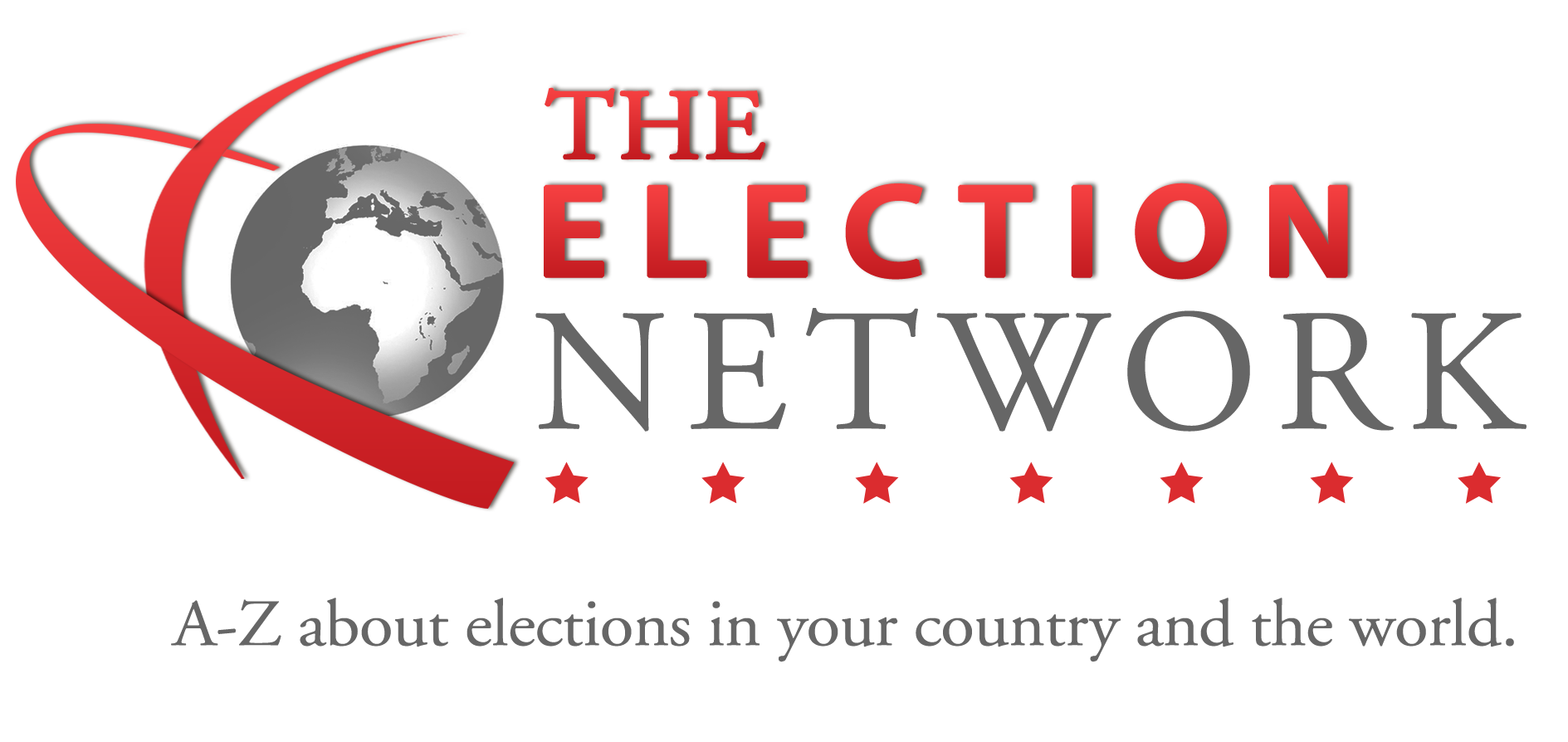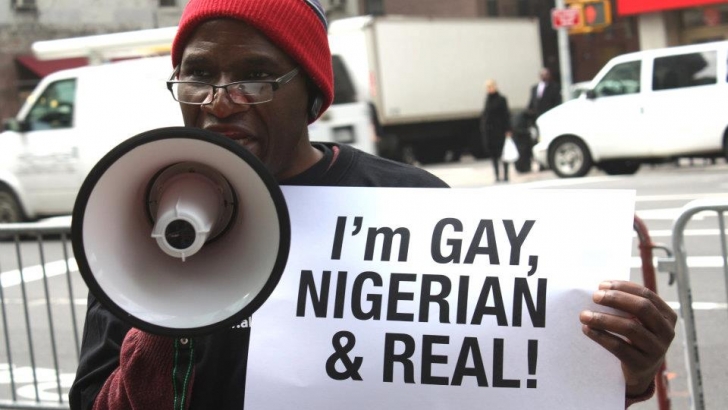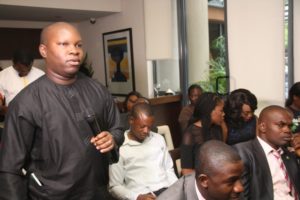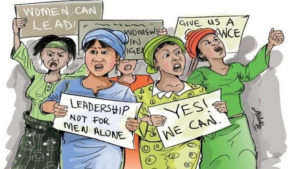As the nation recovers from the excitement of the yuletide and new year celebrations, presidential campaigns are continuing to gather momentum even as Nigerians collectively prepare to head to the polls in about 40 days. As collective angst and excitement grows, the community of lesbians, gays, bisexuals, and transgenders (LGBT) Nigerians, having been relegated to the margins, is likely experiencing more angst than excitement.
It was exactly five years ago, in January 2014, that Goodluck Jonathan the then President of Nigeria, signed the Same-Sex Marriage (Prohibition) Bill (SSMPA) into law. In essence, the Bill sought to prohibit marriage between persons of the same sex, however, the implications of the Bill extended much beyond said prohibition. The Bill, which is now law, also prohibits cohabitation between same-sex sexual partners, as well as the “public show of same-sex amorous relationship.”
Prison sentence for offenders, as stipulated by the law, ranged from 10 to 14 years. The law also extended to anyone who “registers, operates or participates in gay clubs, societies, and organizations” or “supports” the activities of such organizations. Essentially, not only are same-sex couples marginalized, anyone who seeks to question their marginalization or fight for their rights would be liable to a prison sentence.
According to the Human Rights Watch (HRW), the SSMPA was an extension of existing legislation on same-sex relationships dating back to the colonial-era where criminal and penal codes outlawed sexual acts between members of the same sex. What was established in colonial times was cemented by SSMPA and thus effectively criminalizing lesbians, gays, bisexuals, and transgenders on the basis of their sexual orientation and gender identity.
In 2015, a few months after he had been elected President, and while the nation eagerly awaited the appointment of his cabinet members, President Muhammadu Buhari met with former United States President, Barack Obama, where he stated that “sodomy” was against the law in Nigeria, and further, abhorrent to “our culture.” If there was any hope that Buhari would have been the savior of LGBT rights in Nigeria, it was quickly squashed after that statement.
In the runup to the 2019 elections, conversations have been held, albeit insufficiently, about the fate and future of LGBT rights in Nigeria. While some candidates have openly discussed their intentions towards LGBT community, some have taken a stance only to go back their words, and others seem to have completely turned a blind eye to the matter altogether.
In a recent a conversation at the Royal Institute of International Affairs (Chatham House), the presidential candidate of the Allied Congress Party of Nigeria (ACPN) Dr. Oby Ezekwesili stated, while responding to a question posed by Bisi Alimi, a foremost Nigerian LGBT rights activist, that her administration would extend “equality of opportunity” to everyone, including those in the LGBT community. She added that she believes that equality of opportunity is an entitlement of everyone in any society.
Interestingly, Ezekwesili did not address the controversial law which was passed a few years earlier, perhaps, deliberately so. Shortly after the Chatham House episode, the presidential candidate took to her social media to clarify what she deemed was a misconstruing of her response to Bisi Alimi. Ezekwesili said that her response to Alimi at the Chatham House did not equate or translate to support or approval of gay rights.
Not unlike Ezekwesili, the now former presidential candidate of the Social Democratic Party (SDP), Donald Duke, had stated during an interview on a YouTube show, The Couch, that he would not criminalize LGBT people. He, in fact, added that he would ensure that they had the protection of the law. However, after receiving backlash from the Nigerian community online, Duke rescinded the statement. He went on his Instagram page to state that “Homosexuality is a crime in Nigeria and ought to remain so,” adding that, “For the avoidance of doubt, our law on homosexuality stands in fact,” and in his “moral rectitude.”
Meanwhile, the policy document of Atiku Abubakar, the presidential candidate of the Peoples Democratic Party (PDP), the main opposition party in Nigeria, shows no mention of LGBT rights. The candidate himself has not spoken out to support nor deny those rights. In his defense, he is not the only candidate who seems unfazed by the denial of LGBT rights in Nigeria. The lack of attention to the issue is so widespread, that it makes Duke and Ezekwesili look like heroes for even daring to take somewhat of a stance on the matter.
It is worth noting that these candidates are a reflection of Nigeria’s collective attitude towards LGBT rights, as such, it would be hypocritical to hold them accountable without holding the general Nigerian populace accountable as well. After all, these candidates are all vying for the support of the Nigerian masses such that their stance on topical issues, including LGBT rights, would reflect what they perceive will appeal most to the greater population of Nigerians.
In a country that is largely divided along religious, ethnic, and political lines, Nigerians seem to agree, inadvertently, on one thing: that there is no place for members of the LGBT community in this society. This is reflected by the outrage towards a candidate who dares to speak in favor of the LGBT community, as well as the lack of clear and unwavering support for LGBT rights by candidates running for office in the forthcoming elections.
As the nation prepares to head to the polls in February, it is worth remembering that we are collectively failing a significant portion of our population by refusing to acknowledge their presence in our society and affording them the rights that are due to them as human beings. Sooner or later, we will be forced to take a look at ourselves and come to terms with this failure.





Mr. Gozie
18 Jan 2019Who is the mother of the author of this post? It is the author that will come to terms with the fact that he/she has failed his family with this write-up.